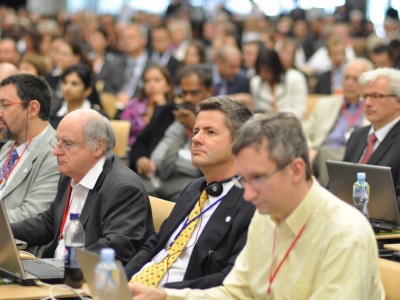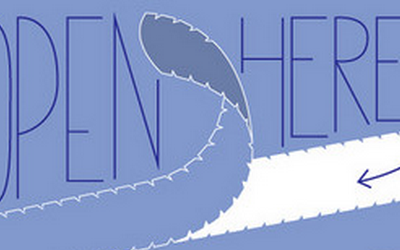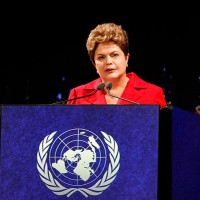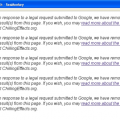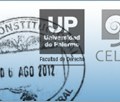The Center for Studies on Freedom of Expression and Access to Information (CELE) was founded in 2009 at the Palermo University Law School with the objective to provide rigorous research and studies to sectors of civil society, journalists, government institutions and the academic community that are dedicated to the promotion of those rights, primarily in Latin America.
CELE was created in response to a need to construct spaces for debate and study dedicated to reflecting on the importance and the limits of freedom of expression and access to public information in the region. In order to accomplish this, the center proposes to create dialogue and collaborate with other academic entities in Argentina and in Latin America.
Freedom of expression is a fundamental right in democratic societies which permits the open debate of ideas and the development of a country´s people. Together with the right of access to information, it allows the public administration to become more transparent and ensures the participation of citizens in political activities. Moreover, the protection of these rights supports the full exercise of other human rights.
The principal objectives of CELE are to use scientific perspectives and research to draw attention to the importance of these rights in our societies, to produce studies of public policies related to their promotion, and, above all, to strengthen the ability of citizens to exercise those rights.
At the present time, various regulations protecting Freedom of Expression have been enacted, and numerous decisions from international courts and tribunals protect this fundamental right. Also, international organizations have issued declarations related to the protection of Freedom of Expression. However, many of these regulations are not taken into account in the discussions regarding the regulation of the Internet, especially in Latin-America.
In order to address this situation, the CELE has created the Freedom of Expression on the Internet Initiative (iLEI), a special program that seeks to give counsel and support to people involved in Internet regulation.
As starting point, iLEI´s activities in 2012 included:
• Preparing legal analysis documents.
• Op-Ed Publications in regional newspapers.
• Elaborating Recommendation documents.
• Participation in international events related with freedom of expression on the Internet, as well as carring out meetings and workshops on this particular subject.
Latest posts by CELE
Internet Governance and the Struggle for Control: New Study from CELE
Just as streets and highways determine how we drive through a city, the coding of the Internet has immediate influence on our conduct.
New Study: How to Archive Public Information in the Era of Habeas Data
As more and more public information becomes freely accessible, how should these documents be managed? Advocates in Latin America, a global leader access to public data, tackle the question.
Brazil: the New Internet Freedom Champion?
Dilma Rousseff's UN speech was met with praise from digital rights advocates around the world. Human rights lawyer Eduardo Bertoni argues that this is a positive development, but actions speak louder than words, he cautions.
A Technological Solution to the Challenges of Online Defamation
When people are insulted or humiliated on the Internet, they often feel that someone should pay for the personal damages inflicted. Search engines have been this "someone" in many online defamation cases, a process that often results in search engines being forced to remove large amounts of content from search results. Is this the only way to address the issue? What if we could use technology to help satisfy the problem instead?
Right to Forget: Between Data Protection, Memory and Personal Life in the Digital Era
A new essay from the Center for Studies on Freedom of Expression and Access to Information addresses the question of the "right to forget," one that might give back to individuals the control over their own information and, additionally, free them from their “digital past”.
Domain Names: Expression that Deserves Protection
The Initiative for Freedom of Expression on Internet (iLEI, by its Spanish name), a special program of the Center of Studies for Freedom of Expression and Access to Information, has a new work where it addresses the relationship between freedom of expression, domain names and the various models countries adopt to administrate them.
Colombia: CELE Analyzes Constitutionality of Bill Lleras 2.0
The Center for Studies on Freedom of Expression and Access to Information (CELE, according to its Spanish acronym) requested to be considered as “friend of the court” in order to provide inputs for the discussions around the unconstitutionality of Bill 1520, also known as "Bill Lleras 2.0", which reforms the copyright regime in Colombia.

